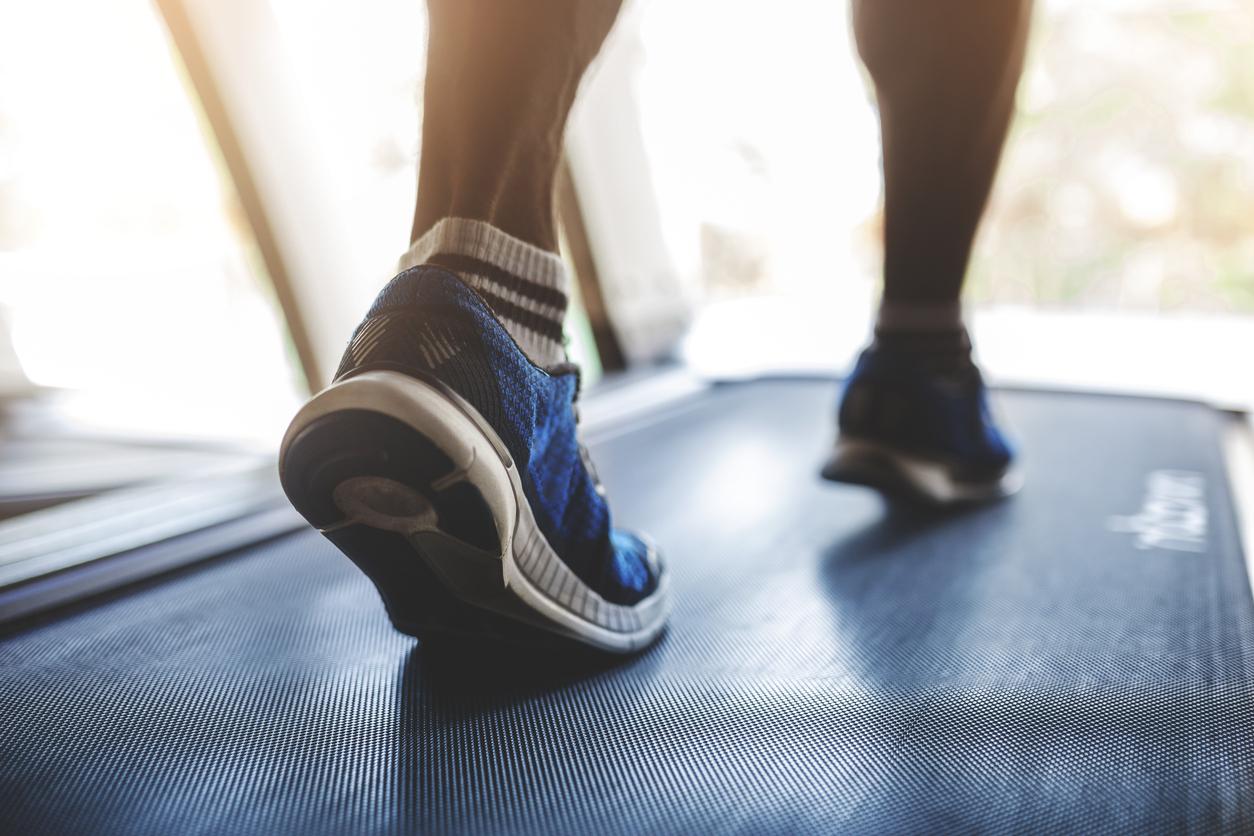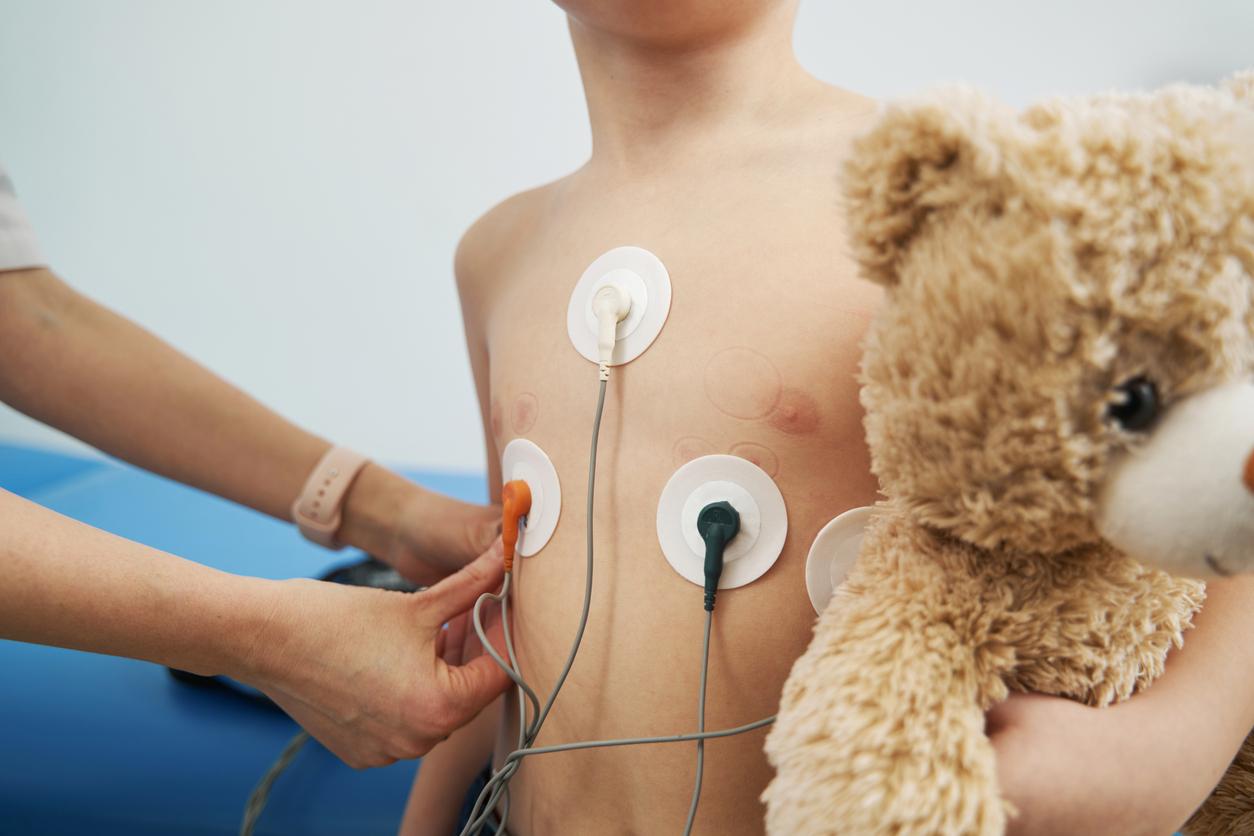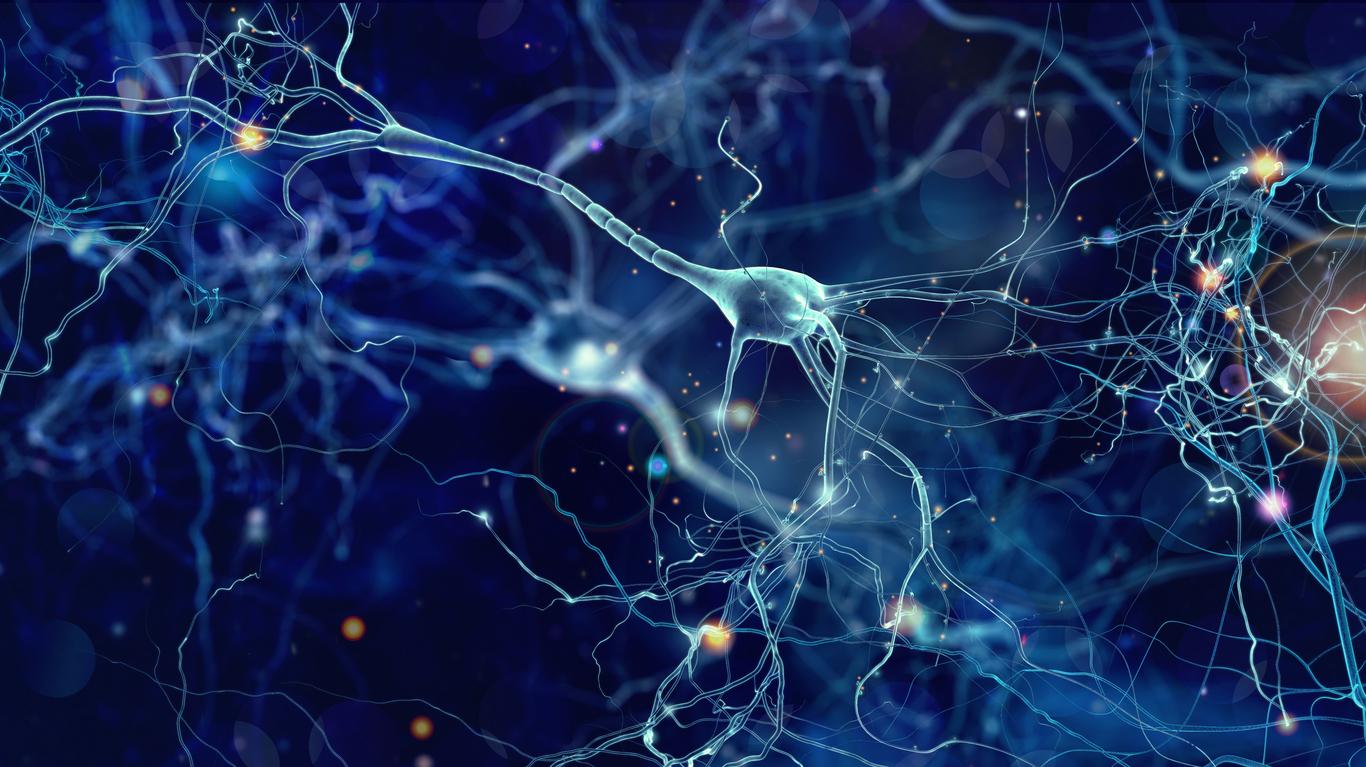Playing sports yes, but be careful not to push the body to the limit.

- Amyotrophic lateral sclerosis (ALS), also known as Charcot’s disease, is a serious neurodegenerative disease that results in progressive paralysis of the muscles involved in voluntary motor skills.
- Despite many advances in its management, Charcot’s disease is still incurable.
Although physical exercise is excellent for your health, doing very intensive sport contributes to the development of Charcot’s disease, according to a new study.
A controversial risk factor
It had already been established that American football players are 6 times more likely to die from Charcot’s disease. However, this correlation was not the strongest.
“Until now, intensive sport has been a controversial risk factor”, explains Dr. Johnathan Cooper-Knock, one of the authors of the new study in an email to IFLScience. “In particular, there were questions about whether exercise simply reduced the risk of death from other pathologies, which could indirectly make top athletes more likely to die from Charcot’s disease”, he continues.
To remove this doubt, the researchers this time resorted to genetics. They analyzed more than 300 genes known to be affected by intense physical exercise, and found that more than one in five of these genes was associated with an increased risk of developing Charcot’s disease.
A mysterious disease
“Physical exercise is not a homogeneous risk factor”, specify the test. “Different types of exercise can impact different biological pathways and even different motor neuron subtypes. Our study does not demonstrate a causal role of infrequent, low-intensity exercise, but does point to toxicity emanating from the ‘frequent, high-intensity recreational exercise’, detail the researchers. “Exercise, however, is still extremely beneficial for most people,” they conclude.
The origin and evolution of Charcot’s disease are still mysterious to scientists. Diagnosed at the age of 20, the famous physicist Stephen William Hawking, for example, lived 50 years longer than what doctors had predicted for him at the time.
.














